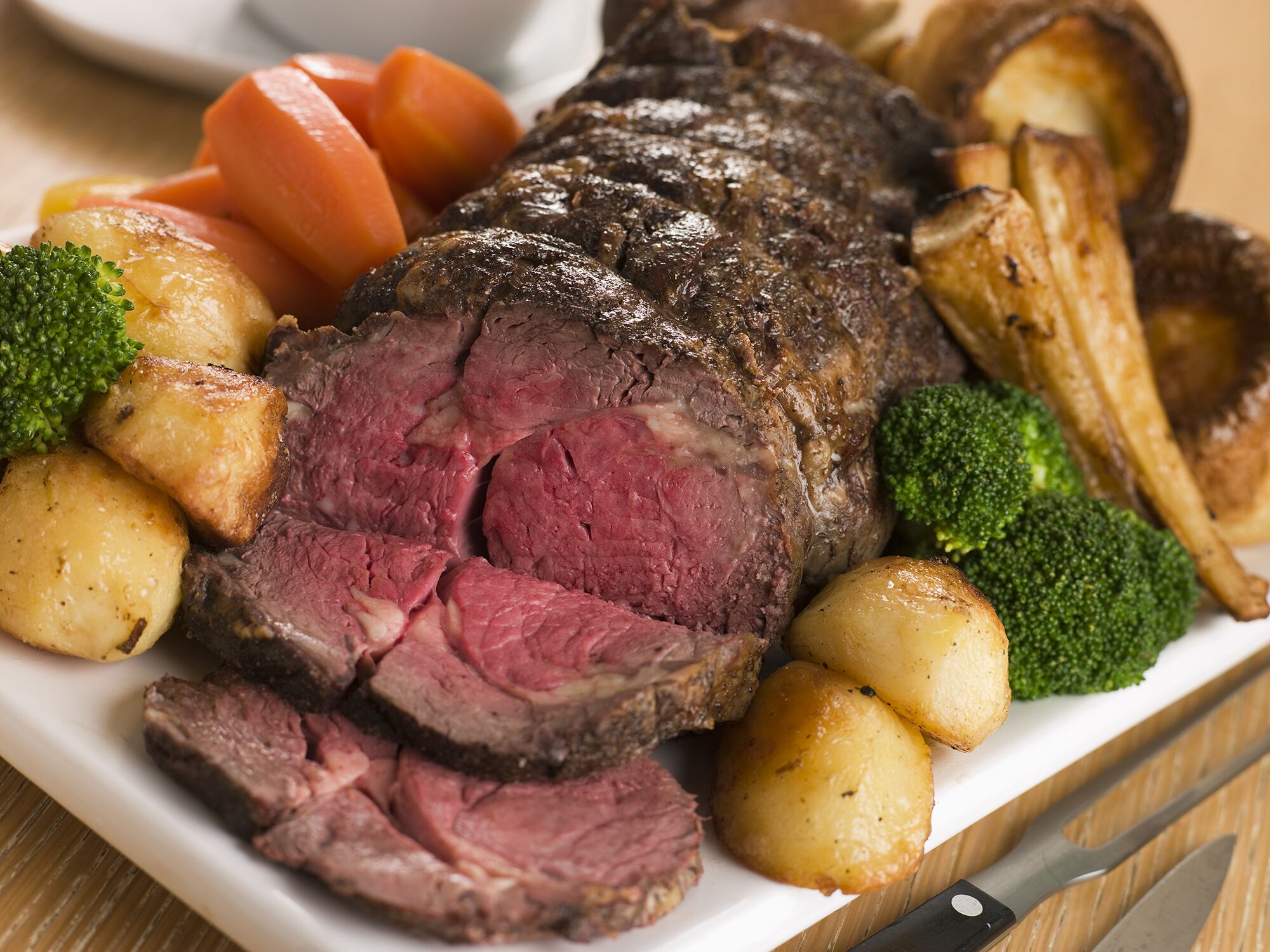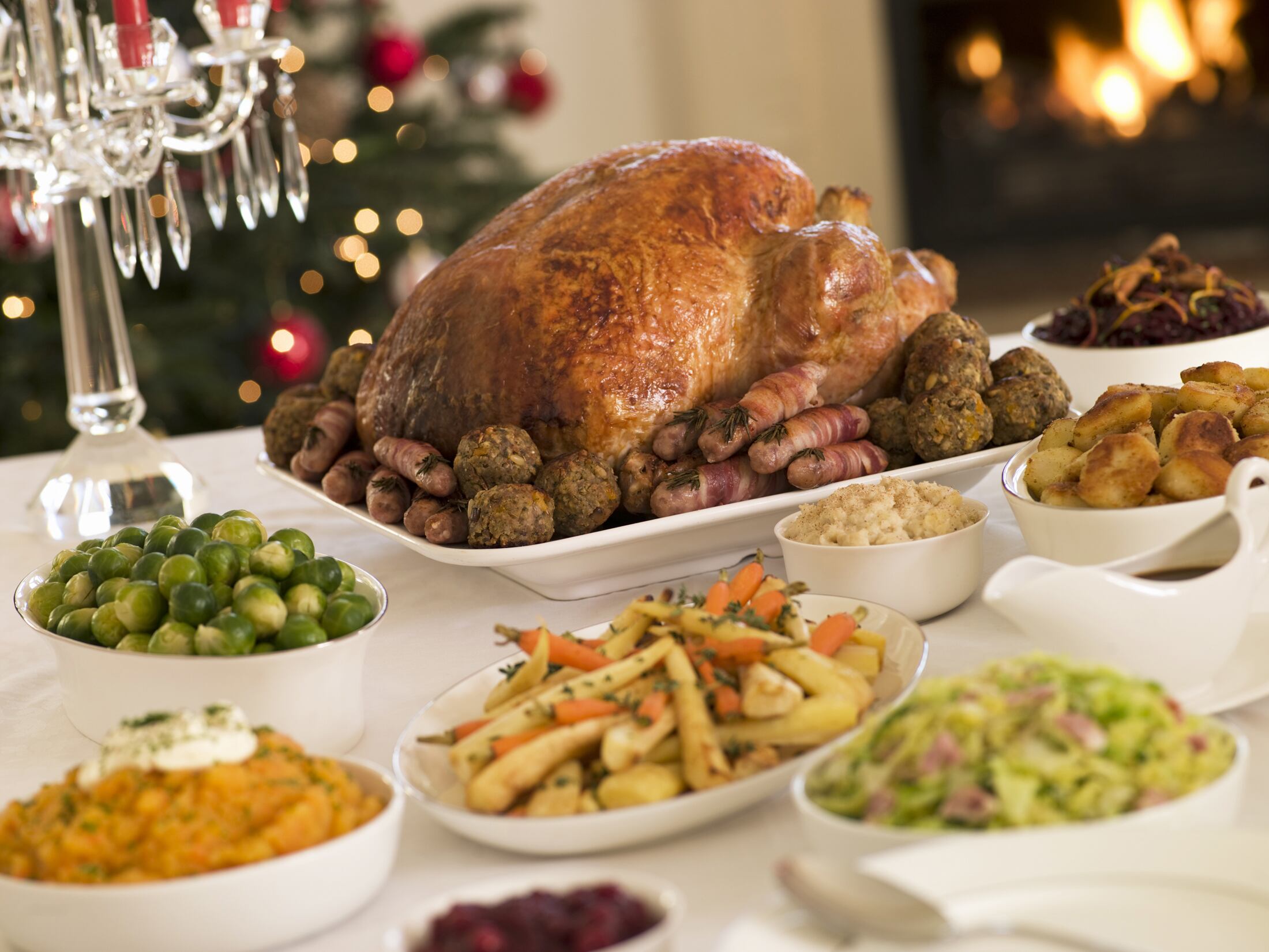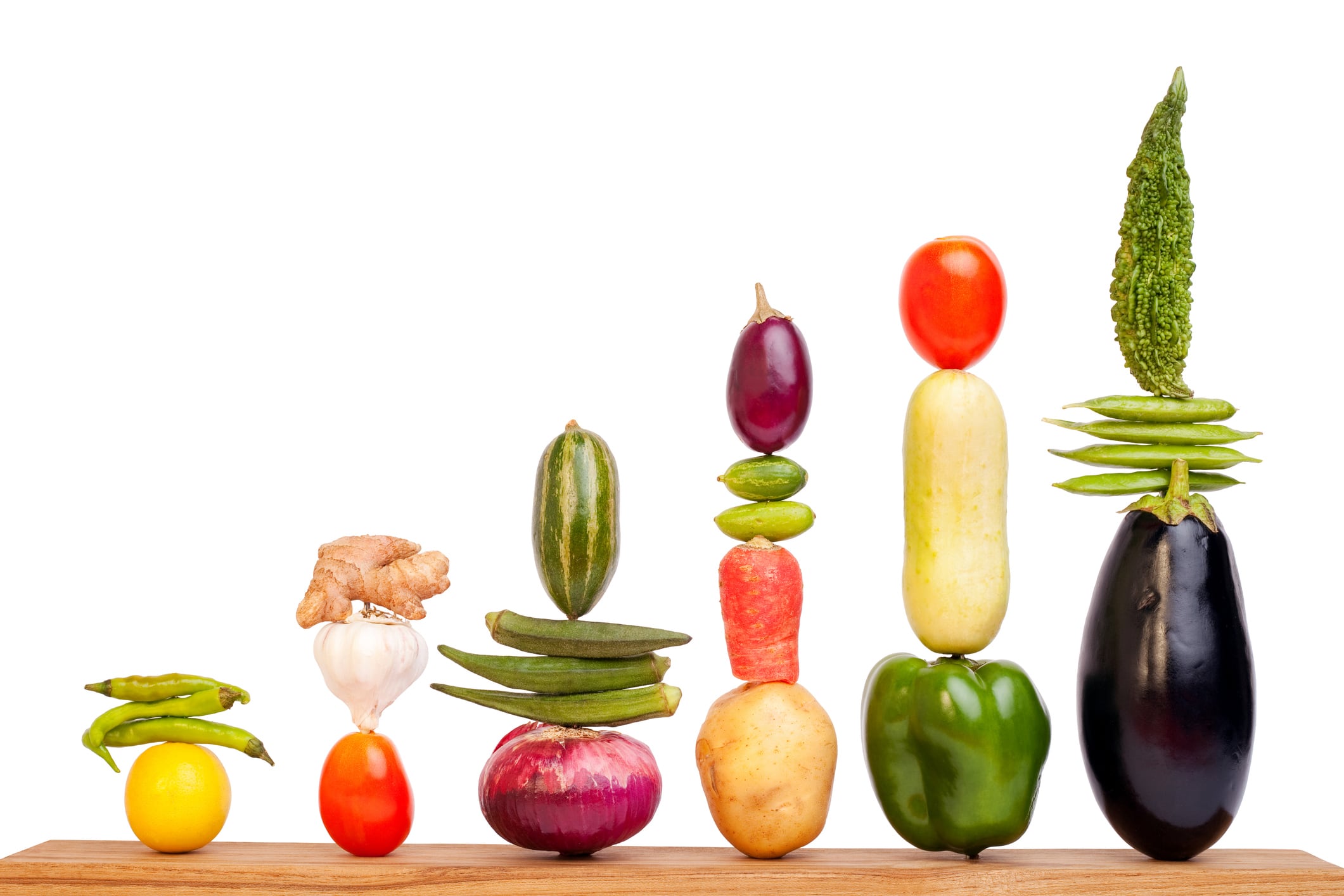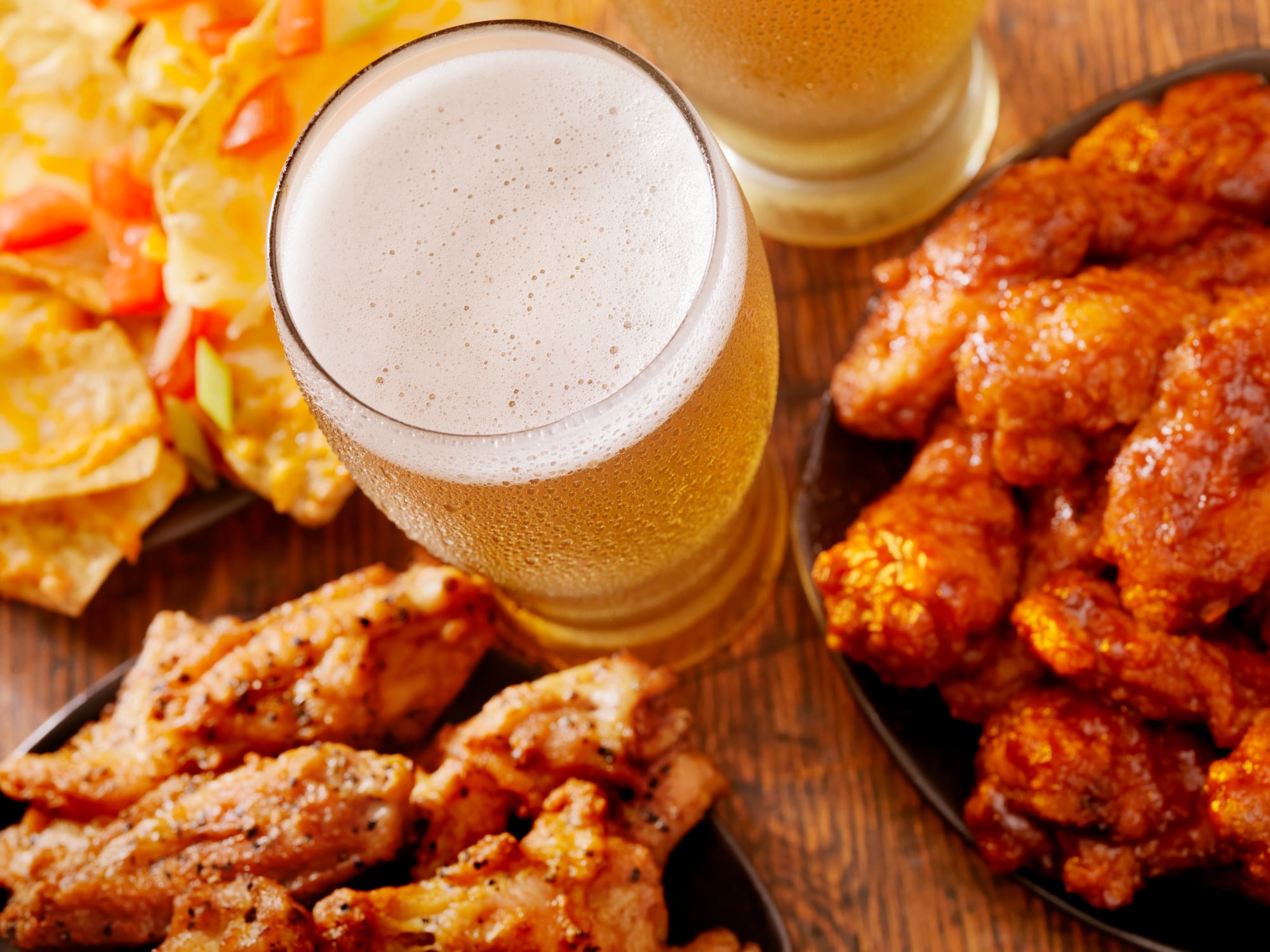In the Lynx Purchasing Autumn 2025 edition of its regular Market Forecast it raised concerns about the increasing prices of beef, chicken, produce and dairy.
This comes as last week the Lynx revealed pub chefs could be facing significant pressures on supply and pricing, which could see turkey off Christmas menus.
Its latest Market Forecast has warned hospitality operators could be facing higher prices and lower availability of beef as the peak season approaches. The reason is that UK cattle farmers remain reluctant to expand production due to very high rearing costs.
It said while chicken prices have been more stable recently, costs are rising in line with the general food inflation trend and poultry supplies remain vulnerable to avian flu, as well as higher feed costs.
In April 2025, it was revealed pubs were facing a chicken supply crisis and spiralling prices as UK producers are unable to meet demand and avian flu is impacting imports.
Extreme weather
However, Lynx has also revealed suppliers are highlighting that the effects of extreme weather across the summer will impact price and availability for some time.
Broccoli and cauliflower are already in short supply, while the combination of the heatwave and hosepipe bans made it harder to plant UK winter crops, including potatoes, parsnips and carrots, Further afield, European production of salad crops such as tomatoes, peppers, cucumbers and lettuce has been restricted by widespread wildfires.
Dairy prices have been high for much of this year, and producers have warned that higher costs in areas such as cattle feed, as well as a shortage of labour, will continue to have an impact. Butter has seen sharp price increases, and the challenges also affect prices of manufactured products which use dairy, as well as cheese.
However, it was not all bad news. Lynx Purchasing said that cooler waters in autumn created good conditions for a wide range of fish and seafood, with species including mackerel, coley, plaice, lemon sole and mussels from UK waters expected to be good value.
Plus suppliers are reporting that the UK crop is good in terms of quality and yield, which should keep prices at reasonable levels across the autumn and winter. Higher European production should also mean processed potato products will be better value.
Consumer confidence
Lynch Purchasing managing director Rachel Dobson said: “Consumer confidence is fragile, making it hard to increase menu prices, but at the same time, food inflation quickly erodes operators’ margins, unless they can either save on purchasing costs, or pass at least some of the increase onto customers via higher menu prices.”
Dobson advised that operators who can keep menus flexible and work with suppliers to make the most of changing availability are best place to mitigate the impact.
“Using specials boards to feature better value cuts of meat, or less familiar fish varieties, can boost margins and appeal to customers looking for something different when they eat out. Many varieties of UK grown fruit and veg, such as kale, chard, parsnips and pears, did well despite the hot weather, and offer good value and availability,” she said.
“When it comes to planning festive menus and trying to secure bookings, the best advice is for operators to talk to suppliers about availability and plan accordingly. For example, farmed smoked trout can be better value on a set menu than smoked salmon, without affecting customer perceptions of menu quality.”




